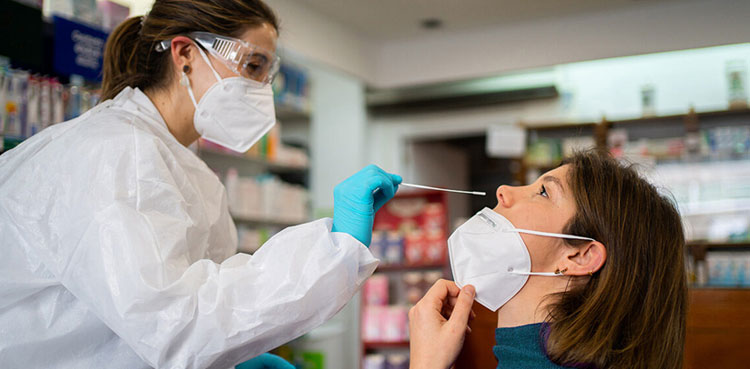
Months after recovery from mild COVID-19, when antibody levels in the blood have declined, immune cells in bone marrow remain ready to pump out new antibodies against the coronavirus, researchers reported on Monday in Nature.
Upon infection, short-lived immune cells are generated quickly to secrete an early wave of protective antibodies. As the immune cells die out, antibody levels decline.
But a pool of these immune cells, called long-lived plasma cells, is held in reserve after infection. Most of them migrate to the bone marrow, explained coauthor Ali Ellebedy of Washington University School of Medicine in St. Louis. His team obtained bone marrow samples from 19 patients seven months after the onset of mild COVID-19.
Fifteen had long-lived plasma cells secreting antibodies against the coronavirus. Five of the 15 had second bone marrow biopsies 11 months after symptom onset and all still had long-lived plasma cells secreting antibodies against SARS-CoV-2. Ellebedy, in a statement, noted that these cells are “just sitting in the bone marrow and secreting antibodies.
They have been doing that ever since the infection resolved, and they will continue doing that indefinitely… These cells will live and produce antibodies for the rest of people’s lives.” It is not clear yet whether the same results would be seen in survivors of moderate to severe COVID-19, the authors said.
The post Immune system has long-term defenses after mild COVID-19 appeared first on ARY NEWS.


0 Comments